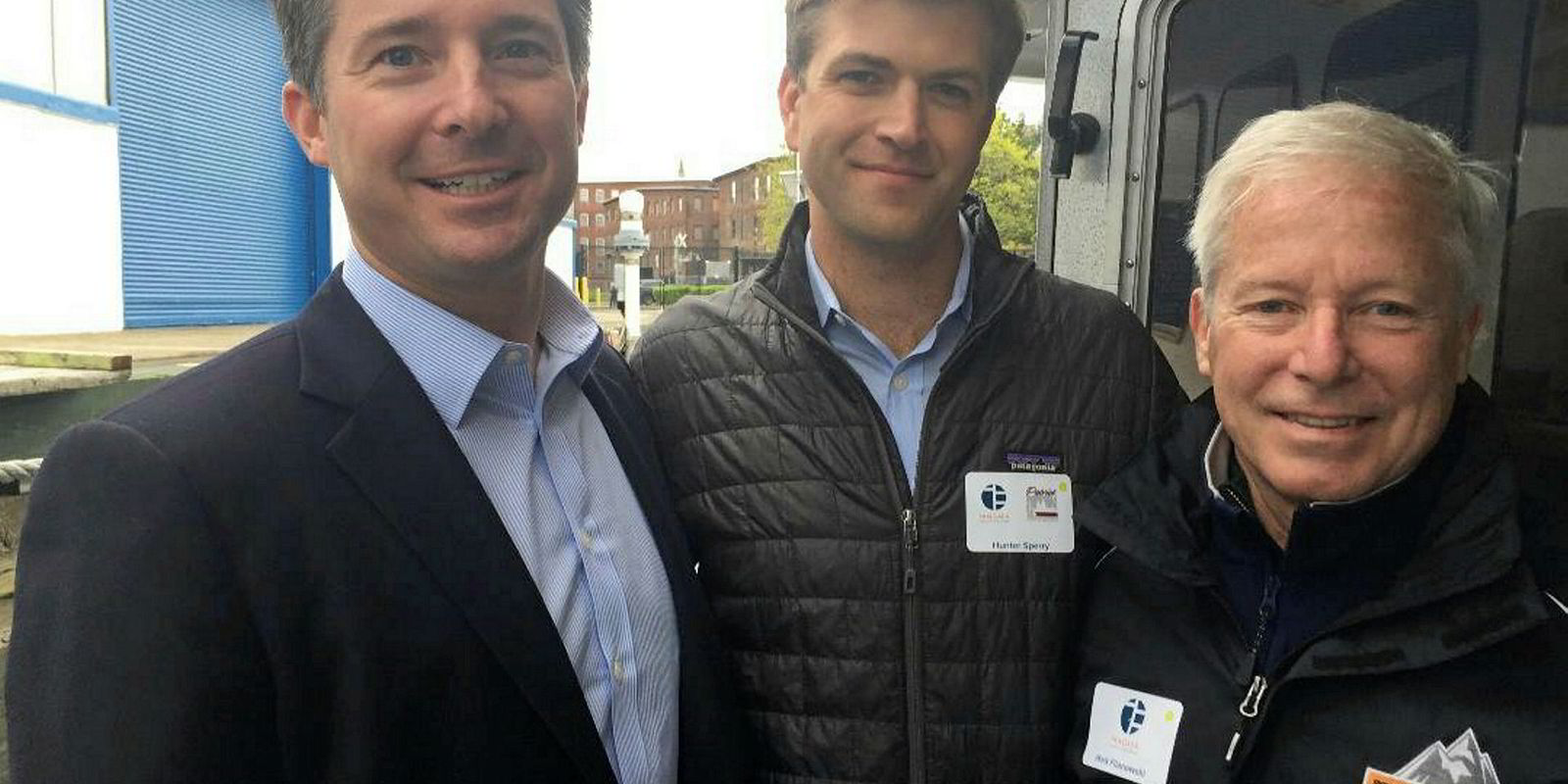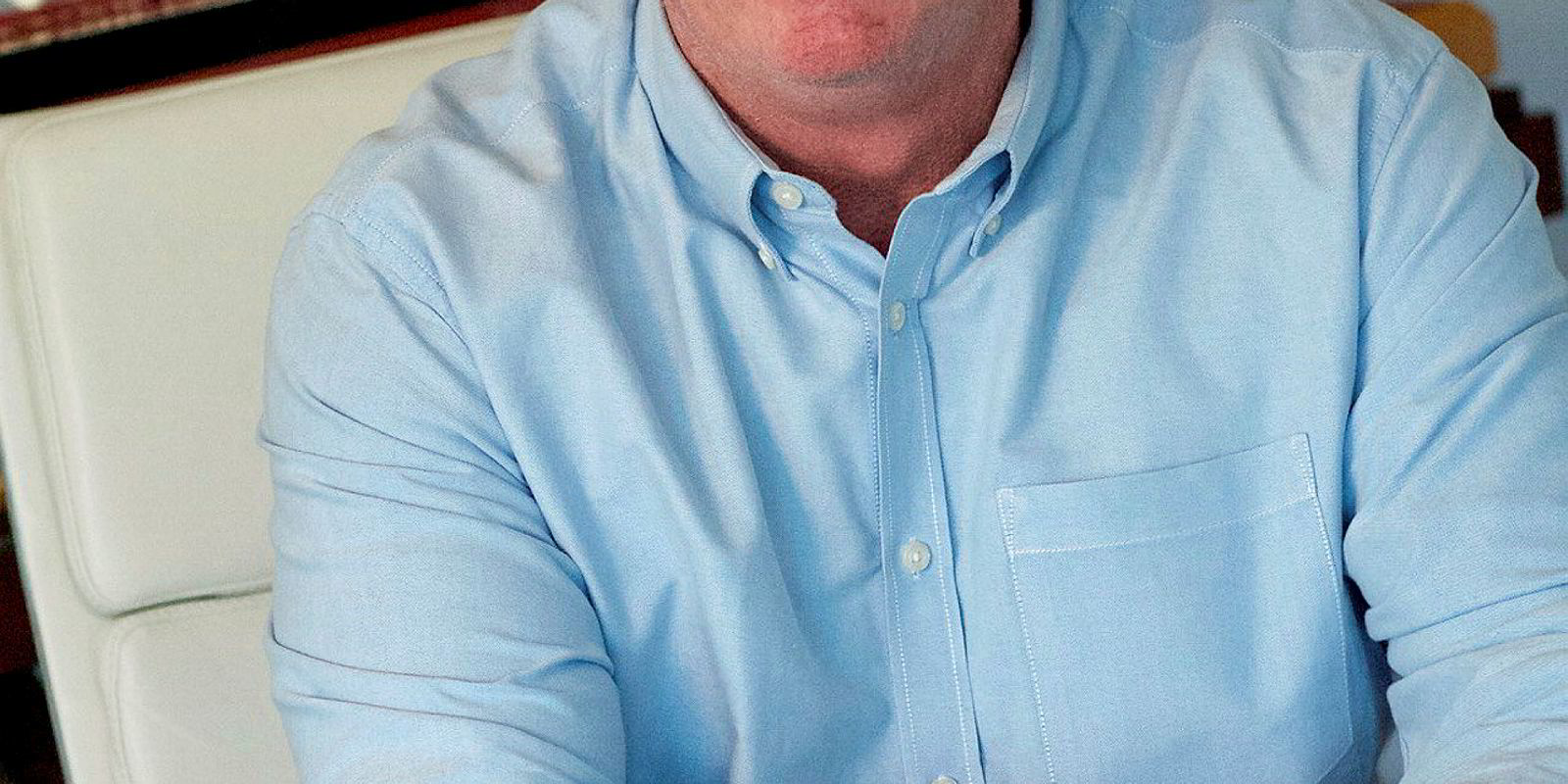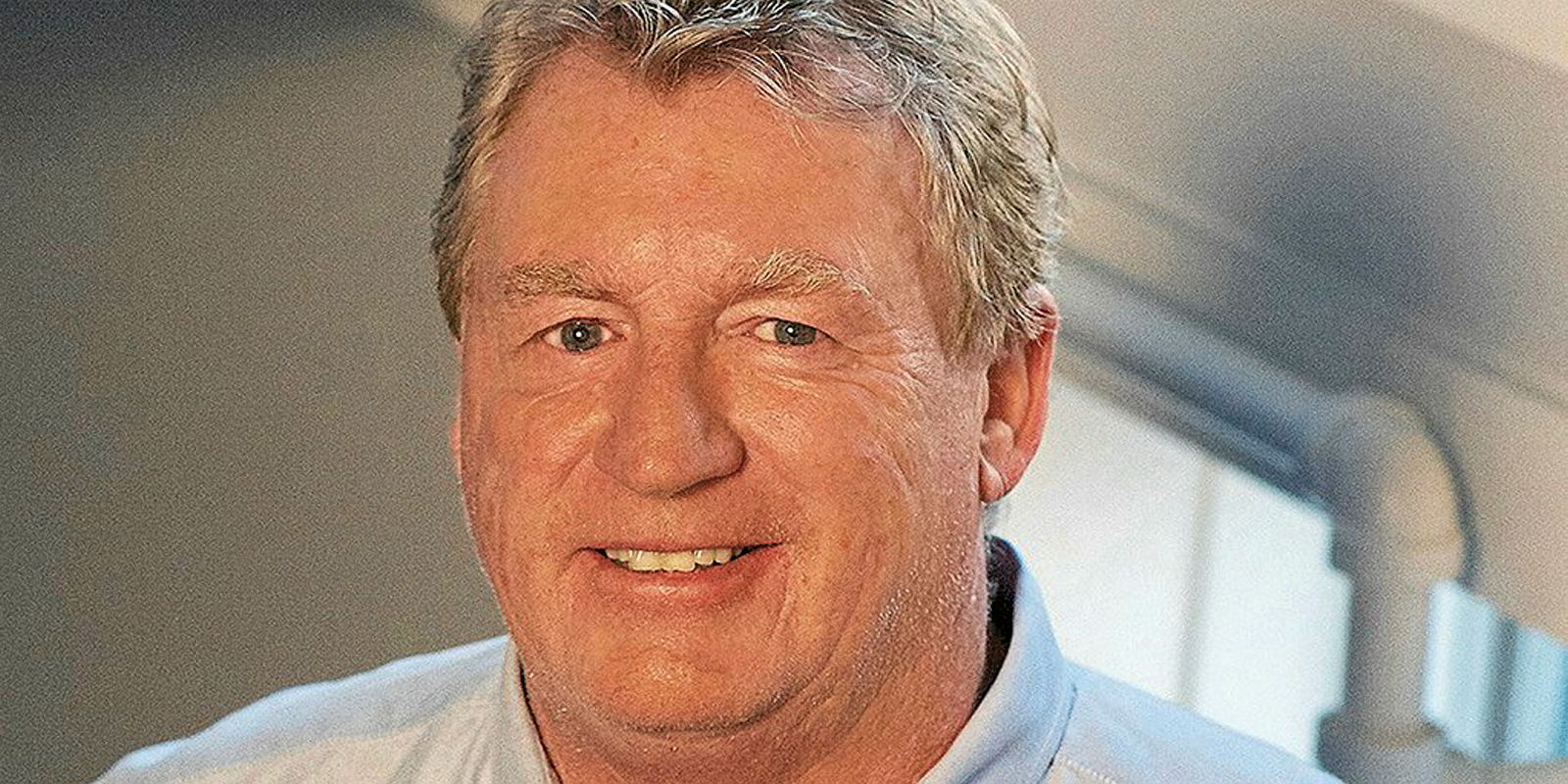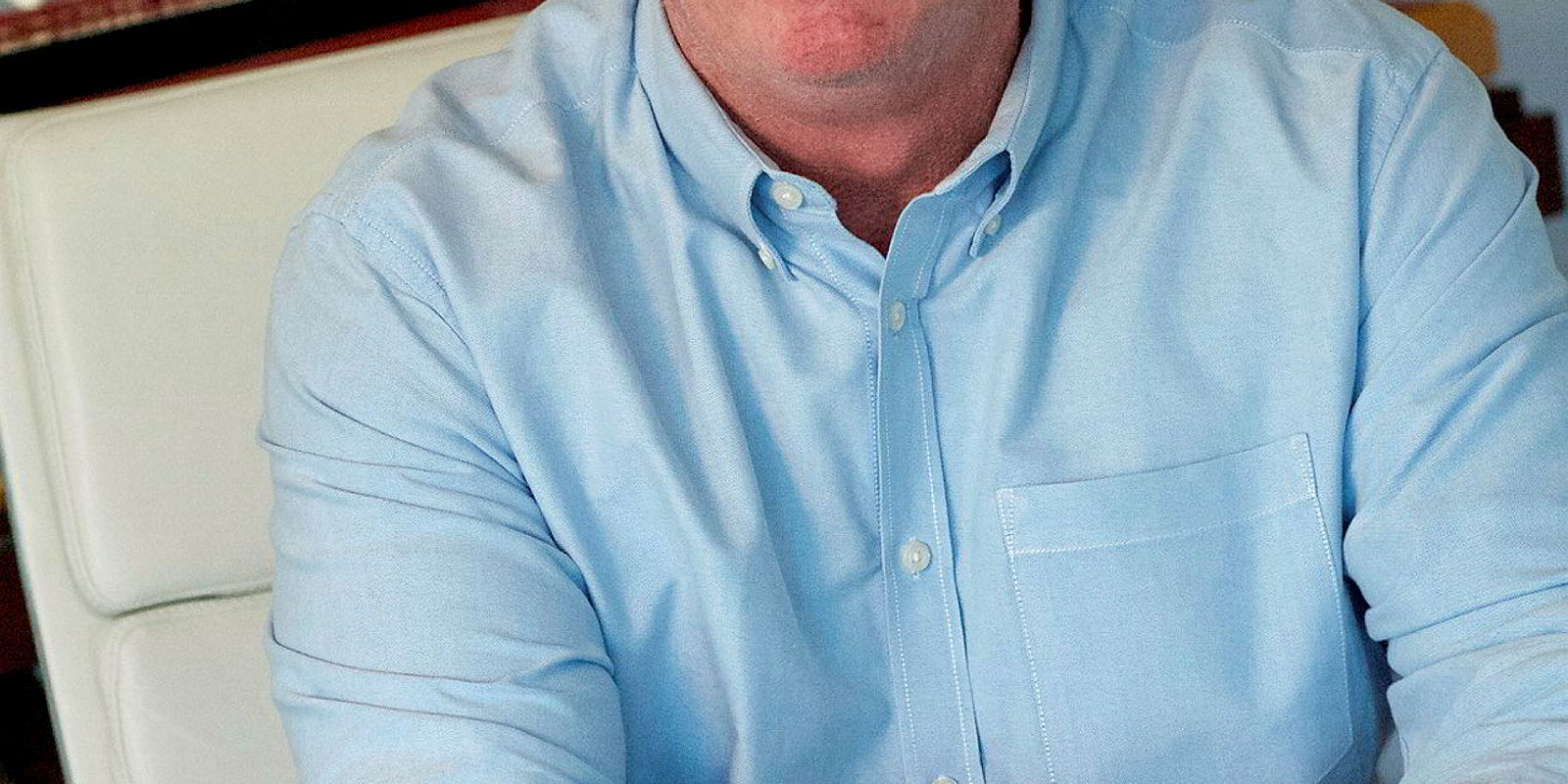For some, the image of a shipowner is an outfit that wants to buy low, sell high and in between deals with the unpleasantness of actually running vessels — perhaps skimming some management fees from a public company in the process.
Rhode Island-based Pangaea Logistics Solutions is the opposite.
Time and again, the Ed Coll-led bulker operator has shown a willingness to get its hands dirty with the cargo end of the business — whether that means hauling iron ore from remote Baffin Island in northern Canada, bauxite from Jamaica or even taking over a terminal operation as it has in Charleston, South Carolina.
So, when it emerged that Pangaea was working with a joint-venture partner on a 20-year contract managing a port in Fall River, Massachusetts, it was just the latest piece of resiliency from a shipowner that delights in entrepreneurship.
Unusual party
Coll and Neil McLaughlin, director of projects and finance, explain their latest move to TradeWinds from the Newport offices as they prepared to host an unusual party onboard a local ferry last weekend.
More than 100 guests watched the implosion of two 500-foot cooling towers at a retired power plant in Fall River.
The event broke the Guinness World Record for the tallest cooling towers ever to be demolished.
The Goliaths stood in the way of plans by Pangaea and partner Carver Maritime to use the 307-acre Brayton Point site for a combination of traditional bulk commodities, such as salt, and a "laydown" area for massive windfarm projects that are beginning to sweep the northeastern US.
“It's a site that can accommodate port cargoes and project cargoes,” McLaughlin explains.
"The offshore wind industry is really growing and emerging in this region with a number of projects in the pipeline off Martha’s Vineyard.
"There will be a huge demand for laydown areas for the project components and Brayton Point is one of the few locations that will be well positioned to serve that.”
Niche opportunities
Pangaea, a public company that evolved from the private Phoenix Bulk Carriers, is continually reviewing such niche opportunities and there will be more coming, Coll tells TradeWinds.
“It all comes back to supporting our core business,” he says.
“The reason we’re able to outperform the markets continually is that we’re doing this sort of work.
"The freight market goes up and down, and it's always great when it's up. But we don’t get damaged when the market is poor because of these other businesses. These are the type of ventures that add long-term value to the company.”
The Pangaea executives are not the only ones who think so.
Noble Capital Markets analyst Poe Fratt told clients in a March research note that Pangaea’s “unique and different” approach makes it a model of consistency.
“We believe that the unique business model is underappreciated and the risk/reward profile is attractive," Fratt said at the time.
“While the stock is up 8% [year to date], Pangaea remains attractive as a way to participate in the expected recovery in dry bulk market fundamentals. [Pangaea’s] unique asset-light logistics approach offers exposure to the dry bulk market, but also dampens market risk.”
Investor concern
Whether Nasdaq-traded Pangaea’s model is widely appreciated by investors may, however, be another matter.
The stock is closely held, with about 41% collectively in the hands of officers and directors. It is thinly traded at about 22,000 shares per day — only about $76,000 per day at the current $3.45 share price. The 20-ship owner has a $154m market capitalisation.
The approach seems to run counter to traditional Wall Street investment-banking advice: do one thing and keep your story simple.
Is it possible Pangaea’s story is a little complicated for investors to understand?
“I'd like to say they all get it, but realistically I don't think that's true," Coll tells TradeWinds. “I will say we have a core set of investors who do understand and get excited about what we're doing. But more generally, I'm not sure there's the same kind of interest.”
That does not mean Pangaea will stop looking for the next niche play.
“Our business model is not easy to replicate,” McLaughlin says.
“It’s 23 years in the making — focusing on the cargoes first is in our DNA.”
Coll adds: “We’re very lucky because we have a lot of people here who are entrepreneurially minded. If we hear about a project that might work, if we buy a salt mine in South America, we're not afraid to do that sort of thing, not afraid to move outside our box.”
Yet for each project that becomes a success, such as Brayton Point, there are others that are unsatisfactory.
"Most of them don't check out," Coll says with a chuckle. “If you hit on one out of five, you're doing great. You have to keep working.
"We end up with a lot of partners, because we're not experts in everything. But we have enough friends and partners that it gets us there.”






